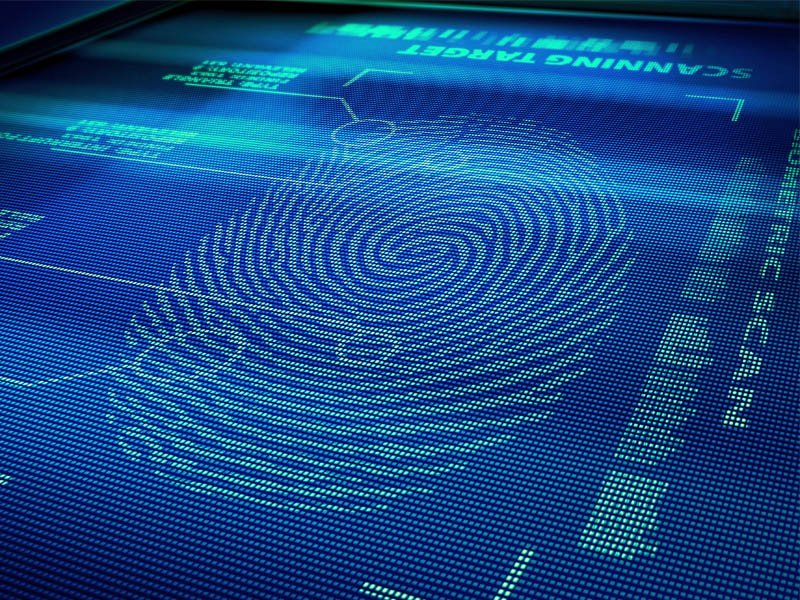The federal government will soon release the final legislation expanding its digital identity program to the private sector as it looks to bring a number of large companies on board.
Exposure draft legislation for the digital identity program will be released soon, with the bill to be introduced to Parliament during the Spring sittings.
The government also announced that it had accredited another private provider, with Eftpos receiving approval as a digital exchange provider, while Mastercard has said it had applied for accreditation and would work with the Digital Transformation Agency (DTA) on potential online age verification options.

Things are ramping up for the long-running and controversial digital identity program, which received more than $250 million in additional funding in last year’s budget.
The digital identity program is a whole-of-government initiative that aims to provide identity verification across a range of government and private sector services.
The program includes the Trusted Digital Identity Framework (TDIF), which sets out the standards, rules and guidelines a service needs to met to obtain accreditation and participate in the scheme.
The Digital Transformation Agency has worked on legislation to facilitate the expansion of the digital identity scheme to the private sector since late last year, and has run a number of consultations.
The legislation establishes permanent oversight and governance structures and enshrines a number of privacy safeguards in law.
A draft version of the legislation was unveiled in June, with consultation on this closing in mid-July. The government is now expected to release the final version of the legislation in the coming weeks before introducing it to Parliament in late October.
In August, the DTA accredited the first private provider under the TDIF, with OCR Labs being approved as a digital identity provider, joining Australia Post and the ATO’s myGovID services on the list.
Eftpos has now become the second private company to receive accreditation, and the first to be approved as a private identity exchange, meaning it has met the government’s standards around privacy protections, security and fraud control, risk management and technical integrity, employment minister Stuart Robert said.
“A safe, thriving digital economy is the best way we can grow the Australian economy. A safe, thriving digital economy is not possible without digital identity – that is, a safe, secure and convenient way for Australians to prove their identity online,” Mr Robert said.
“Through accreditation, we make sure Australians and Australian businesses can have trust and confidence that their personal information is safe and secure.”
Eftpos’ connectID will be able to act as a “broker” between other digital identity providers and merchants and other services. It is now testing its systems but cannot properly participate in the government’s scheme until the legislation passes Parliament.
Mastercard has also this week announced that it is seeking accreditation under the TDIF to be an identity exchange, identity service provider and credential service provider.
The US financial giant will also be working with the DTA on how its digital identity technology can be used to verify the age of individuals online. Mastercard will be running a series of pilots to observe “impacts on retailers and consumers experiences and expectations online”.
Mastercard has already participated in a number of digital identity pilots, with tests in partnership with Australia Post, Deakin University and Optus kicking off late last year.
A Parliamentary committee early last year recommended that the government’s digital identity scheme be used to verify the age of Australians trying to access online betting or pornography.
The federal government agreed to this recommendation in principle, but said that no action would be taken on this until at least 2023. A roadmap will be developed to determine whether this is actually necessary, and this process may take up to 18 months.
The eSafety Commissioner is also leading the development of a roadmap for the implementation of a mandatory age verification regime for online pornography, in consultation with a number of departments and agencies.
Do you know more? Contact James Riley via Email.


I do not give consent for digital identity to occurr!! With a cashless society nobody can own anything and will live a subscription life!! And the rich will become ridiculously richer and causing atleast %90 to be extremely poor and controlled by the extremely rich. This is no life for anyone!!
I do no consent what will go next
This is an invasion of privacy and I don’t want to be a part of it
Definitely not a good idea,it is treading in dangerous and murky waters and will have serious repercussions
I definitely do not agree to this. this is moving very quietly through the Parliament. Something this big should have a public vote. All discussions should be trans parent for all. It is our money you are discussing. We the citizens of Australia want a say in this. No one wants it. Hands off our hard earned cash. this is Australia NOT China.
I do not consent
I don’t want to be a part of this Digital ID.
as far as I’m concerned it’s an invasion of privacy and should be stopped immediately.
Too much like China and Korea for my a liking.